


















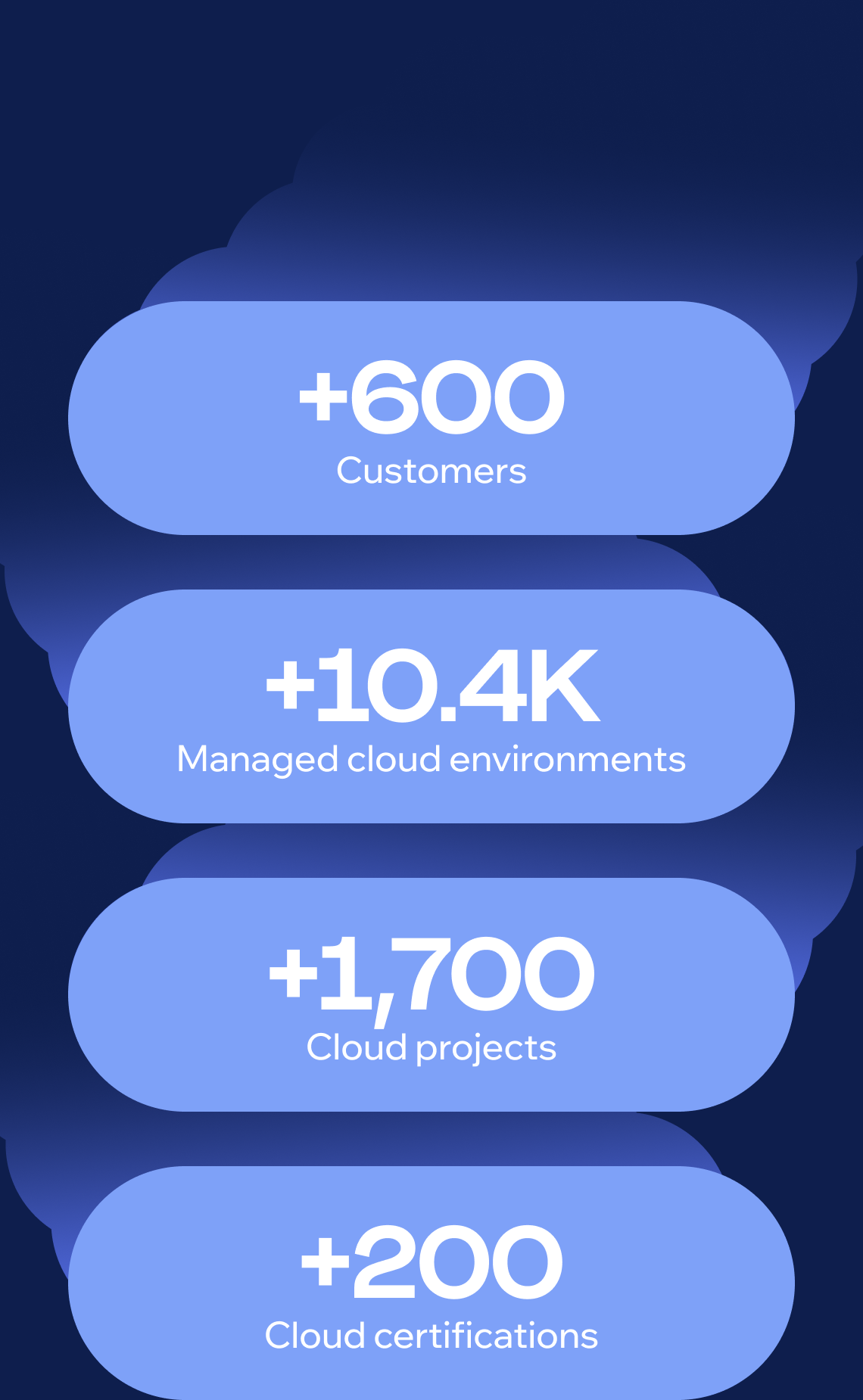






Fully managed services that push your cloud to the max.
A designated team works as an extension of yours. You get a CSM, Solutions Architect, and FinOps expert who are fully committed to your success. Together, they guide every stage of your cloud journey and equip you with managed services and tools that keep your cloud efficient, resilient, and always one step ahead.

.png)
Make your cloud move simple, secure, and built for long-term value.
We support both first-time cloud adopters and organizations migrating between providers, delivering a tailored approach. From assessment and planning to execution and post-optimization, our experts manage the complexity and help you capture long-term value with minimal effort from your team.
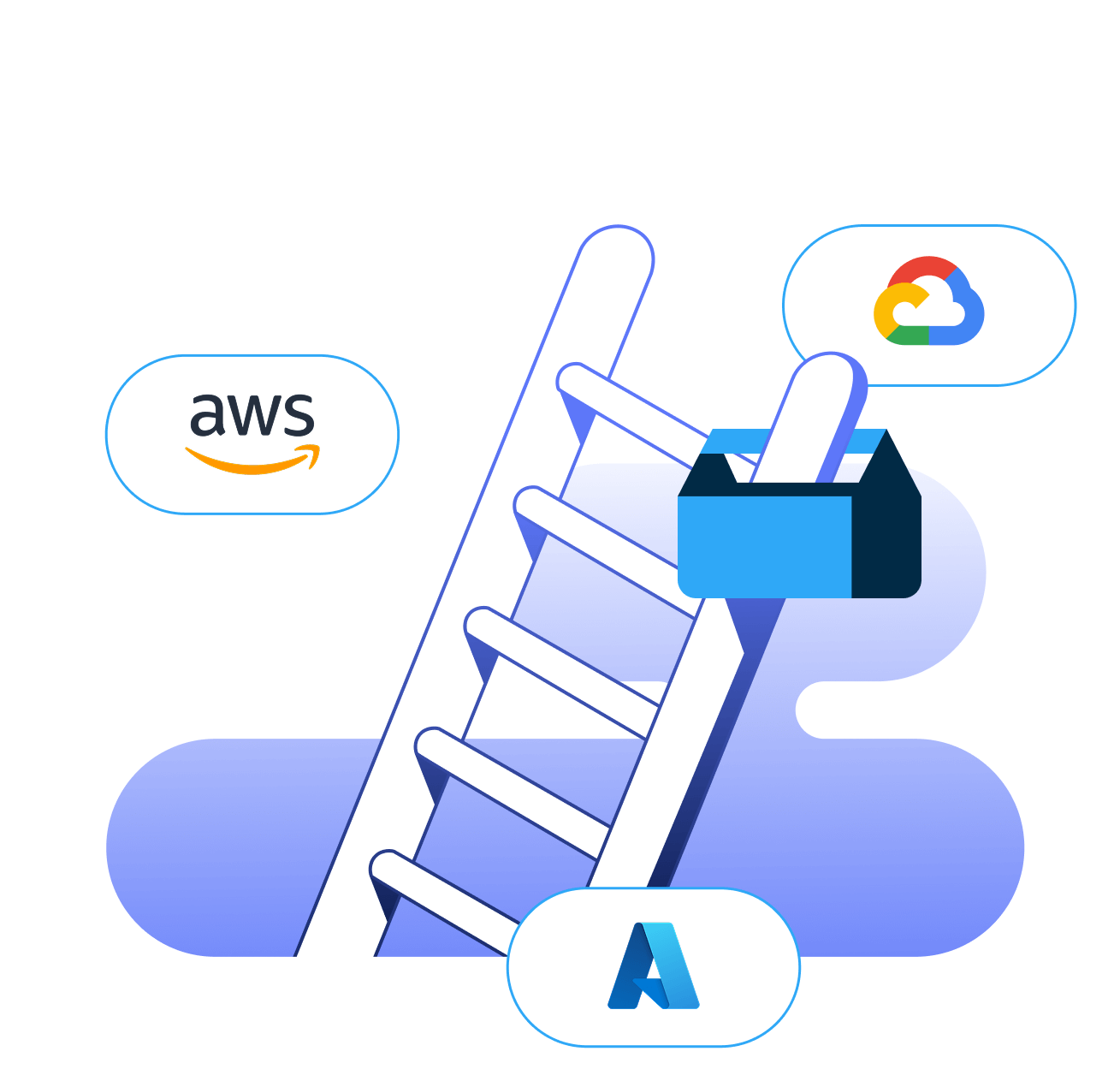
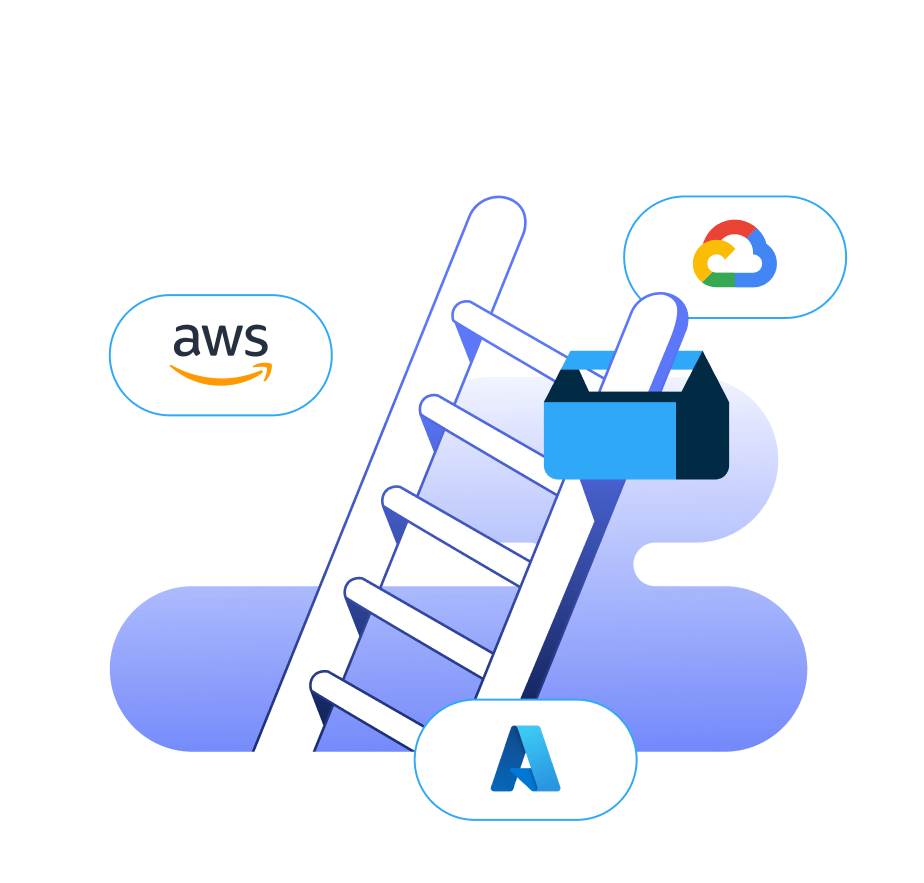
Reduce spend and maximize the value of every cloud dollar.
Our FinOps experts analyze your usage to eliminate waste and align cloud spending with your business goals. Using proven methodologies and hands-on expertise, we help you forecast with confidence, optimize resources, and make smarter decisions that drive performance and ROI.

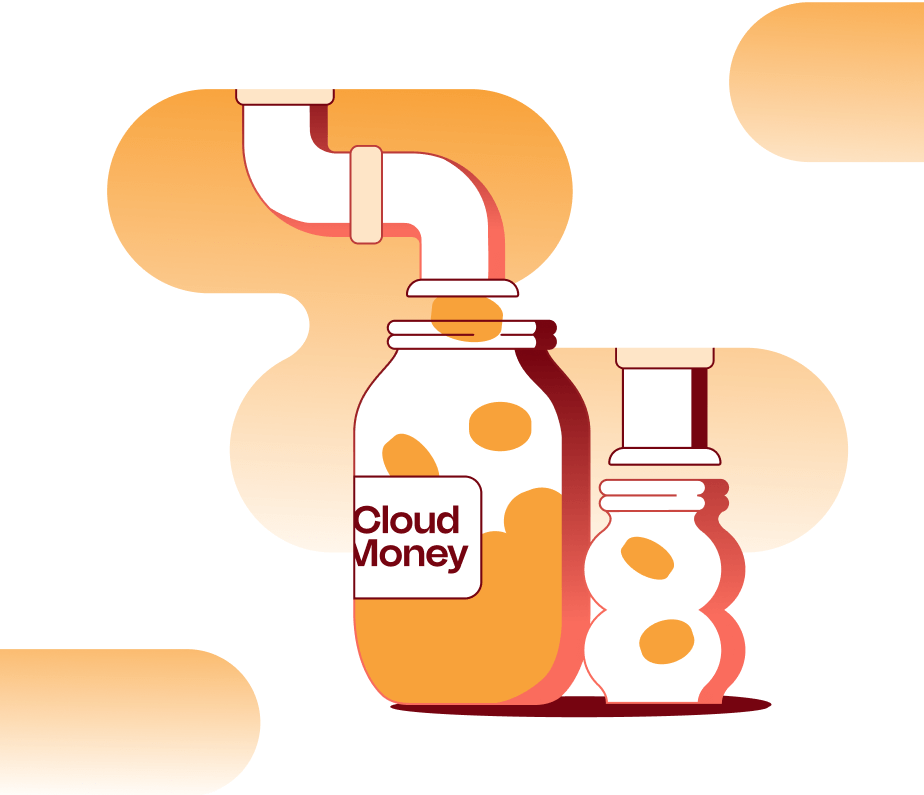
End-to-end protection for your cloud environment.
Our experts assess your environment, uncover risks, and close security gaps. You get proactive governance, compliance support, and ongoing guidance to build and maintain a secure, resilient, and audit-ready cloud foundation.
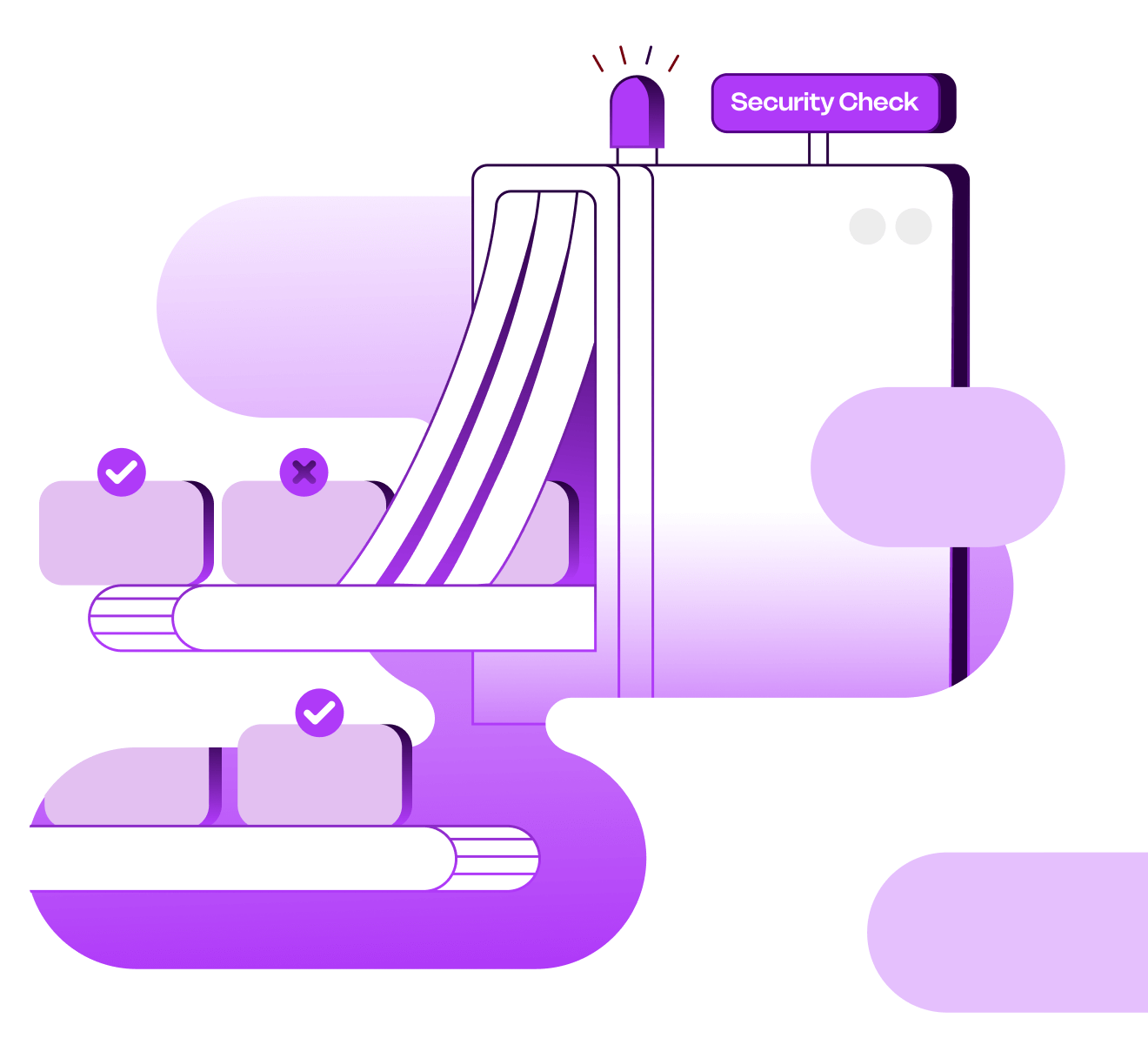
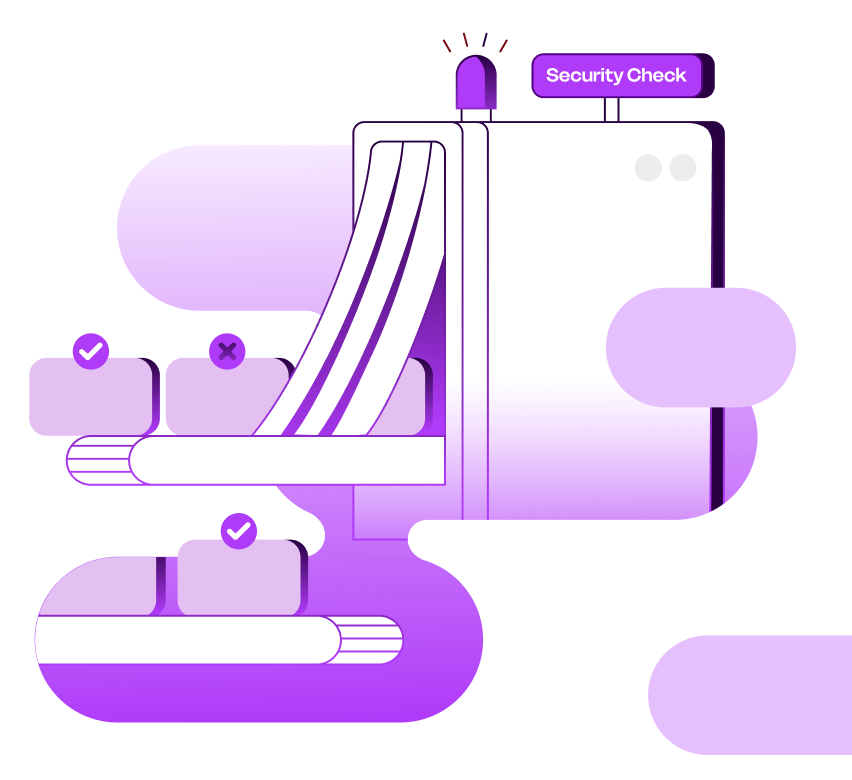
Accelerates your Marketplace journey.
We manage the entire listing process to get you live faster and with minimal effort from your part. Post-launch, we support your growth through co-sell programs, go-to-market planning, and direct connections with cloud partner teams to help you scale.

.png)
Transform AI potential into real-world ROI.
We help you move from AI ambition to production. From identifying the right use cases to building and running AI solutions at scale, we guide every step. Together, we turn AI into features, tools, and workflows that create measurable business value.

.png)

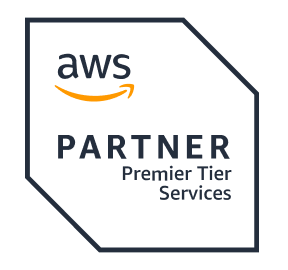
.png)




